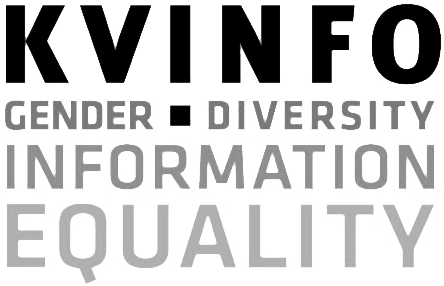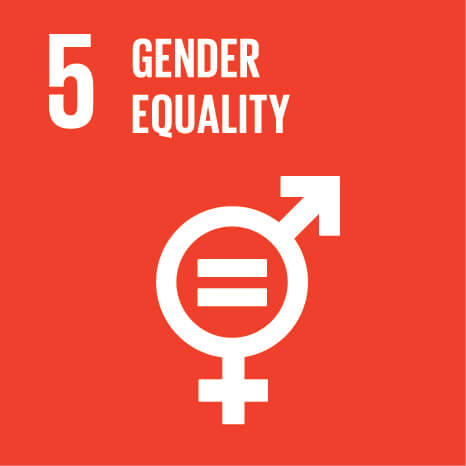
KVINFO’s view on Gender Equality
KVINFO believes that all human beings have the right to develop their personal abilities and make choices without limitations set by strict gender roles. In working with gender equality we aim for a society with equal opportunities, rights, benefits and responsibilities for women and men in private and public life. However, many women experience multiple barriers in achieving gender equality. In the MENA region, these barriers consist of gender discriminatory or gender unaware legislation, policies and institutional and legal practices, as well as the cultural and traditional perceptions of gender where women are perceived as primarily care-takers and responsible for the reproductive sphere, whereas men have the role of bread-winners and responsible for the productive and political sphere.
The UN Fourth World Conference on Women held in Beijing in 1995 established gender equality as a basic principle in development cooperation. Gender is considered a cross-cutting approach that needs to be mainstreamed into all aspects of project planning and project management. Following are key aspects of gender mainstreaming:
- Responsibility of all: Gender mainstreaming is the responsibility of all actors involved in KVINFO funded projects.
- Both women and men: A gender approach is commonly, but wrongly, understood as “women”. Promotion of gender equality and women’s rights covers broader actions to be taken by both women and men. Gender mainstreaming ensures the perspectives of women and men, girls and boys. The power relationship between these and among them are considered and included throughout the cooperation process. It is not only a women’s issue! Men are considered important allies and partners in the efforts to ensure women’s rights. And men are also limited by traditional gender roles.
- Context specific: Different circumstances, locations, times and people require different actions and allow different methods. A single standard mainstreaming requirement for all interventions does not suffice. The shape and form of gender mainstreaming can be applied in various ways.
- Expertise: Gender equality and women’s rights are areas that demands expertise, just like all other development areas. Conducting gender analysis, developing action plans, trainings, etc. should consequently be carried out by trained gender experts.




